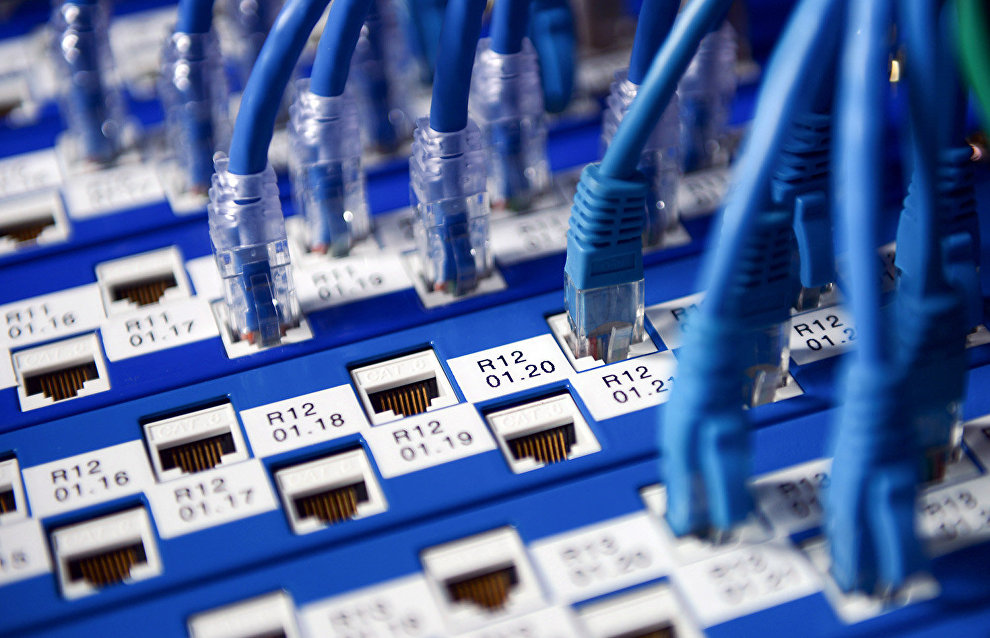Digitalization of Russia’s Arсtic regions is a major strategic goal
Konstantin Dolgov, Deputy Chai of the Federation Council Committee on Economic Policy and representative of the executive government body of the Murmansk Region, held a working session via videoconference on preparations for an offsite meeting of the Council for the Development of Digital Economy at the Federation Council. The session on developing digitalization in the Arctic regions will take place in Murmansk on November 10.
The senator recalled that much has been done in this area in the past few years. Russia is carrying out national projects aimed at digitalizing the economy and the social sector but digitalization of the Arctic regions remains a major strategic goal for Russia.
“In March 2020, the President signed an executive order on the basic precepts for Russia’s state policy in the Arctic until 2035. It included the theme of digitalization. In addition, the strategy for developing the Russian Arctic zone and ensuring national security through 2035 has been drafted. Both fundamental documents note the importance of digitalization. This includes various areas: from communications to urban infrastructure development,” he said.
The senator said that there are still many challenges despite the work done, primarily the problem of digital inequality. The introduction of digital technology entails additional financial and organizational difficulties in the Extreme North. It is also necessary to create conditions for attracting investment for the development of the digital infrastructure there.
Mr Dolgov emphasised that it is necessary to provide the population with equal-opportunity access to the digital infrastructure, first and foremost, beyond the administrative centers. “This is one of our priorities, and we will certainly focus on it,” he said.
Thus, the senators intend to propose that the Government consider the issue of an open economic zone for the Russian Arctic regions. They also want to suggest including into the federal project on the information infrastructure that is part of the Digital Economy of the Russian Federation national project, a package of measures to increase the density of the fiber optic communication system in the Arctic regions. They also propose that the Government consider lowering rates on internet access via satellite for the Russian Arctic regions by introducing mechanisms for evening out consumer costs on satellite communications based on average national rates and providing federal budget allocations for this purpose.
In addition, the senators suggest creating a network of ‘intelligent centers’ for super speed processing and storage of data based on Russian software and hardware complexes, drafting a comprehensive tele-medical system for the Russian Arctic zone and the Northern Sea Route and studying the issue of removing barriers for information exchange through the Smart City and Safe City systems and subsystems, the hydrometeorological service and the Emergencies Ministry. This is necessary for forecasting natural emergencies (such as snowstorms, freezes, heavy rain and floods), which require the mobilization of resources and preparations, including a change in work schedules for municipal services.
The senators also recommend compiling a roadmap for equipping the Northern Sea Route with Russian communication facilities, and studying the issue of creating pilot zones and experimental legal regimes for testing unmanned off-road vehicles in the Russian Arctic and robotized complexes for developing territories and geological prospecting.
